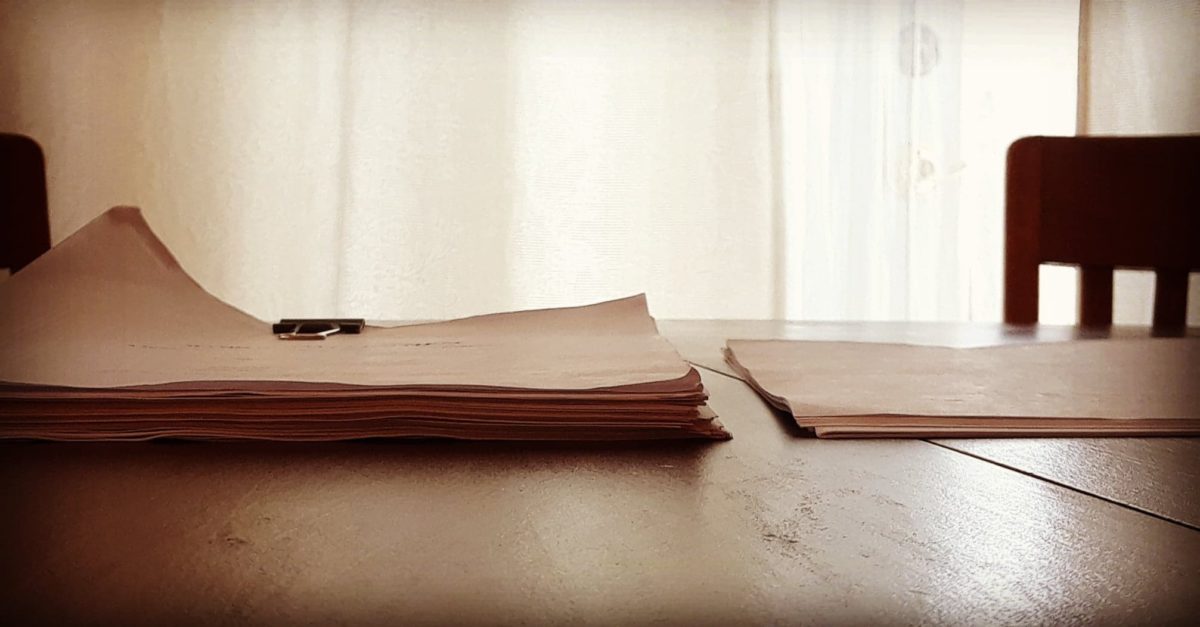
One winter break when our #1 son was in about fifth grade, he was sick in bed, reading, and just finishing the fourth in Lemony Snicket’s A Series of Unfortunate Events. His father, Ross, came to me and said, “Where’s the next one? IS there a next one?”
I told him we didn’t have it yet, but, yes, the next one had just come out.
“Where is it? Does the library have it? Nicole. He’s almost done.”
He was not exasperated, exactly. He was on a mission, and evidently, I did not understand the urgency. (Like when I didn’t know to put a washcloth on a child’s feverish forehead, which Ross had learned was necessary and proper by watching Hoss on Bonanza.)
“They have the new book at Costco.”
Ross pulled his keys from his pocket and left the house.
***
I spent this past Thursday with my two favorite boys, the smaller favorites, who, like the big favorites, are serious readers. I had brought them a bag of books from my epic book purge, some to borrow, some to have, all beloved.
The next morning I noticed our stash of Unfortunate Events and realized I should have brought those along, too.
Not half an hour later, I happened across a fine article, which I shared with friends.
My brilliant chum Gwynne had also read a few, which she found to be “a hoot.: She reminded me that “Daniel Handler is unfortunately not one of our best people.”
Unfortunately.
I think I knew about the Handler kerfuffle and had either forgot it along with a whole ton of stuff I’ve forgotten since Mortal Peril™, OR I had… conveniently… misplaced that information.
(Pronounced con-VEEEN-iently.)
Lately I’ve struggled with separating the art from the artist. When do you draw the line? Where?
For instance, I loved David Copperfield and will continue to love the book and characters for the rest of my life. But after reading a devastating biography of his children, I cannot bring myself to read any more Dickens. He, too, was not one of our best.
Since then I’ve resisted the urge to read biographies of dead authors whose books I admire. With living people, who can still cause harm, it feels different, and I do look for some context when before I read their work. Often to my great disappointment.
In the art vs. artist dilemma, Gwynne has decided to not read male novelists, her “quick fix” for that genre.
And I briefly considered only reading fiction by dead males—or, to be clear, only reading fiction by males if they are already dead. But that’s a hard one because I’m besotted with Flavia De Luce, and Alan Bradley is not quite dead yet. Although he’s old, so could be any minute—also upsetting because a) I sure do not want the literary, delicious, pro-woman Flavia books to end, and b) Alan Bradley seems, from his work, at the very least, one of our best.
I have turned this over in my mind, and I assume I will continue to not have a good answer. And, sure, it’s nifty that our son was exposed to literary conventions, text and codex. But mostly, today, I am grateful for the context. I like the story in the story, the emergency run for the next volume. The lasting value, of course, is that our boys were raised by one of our best men.

